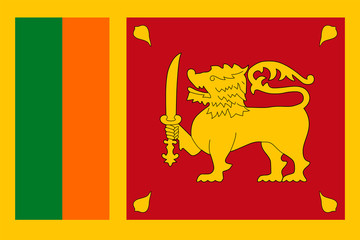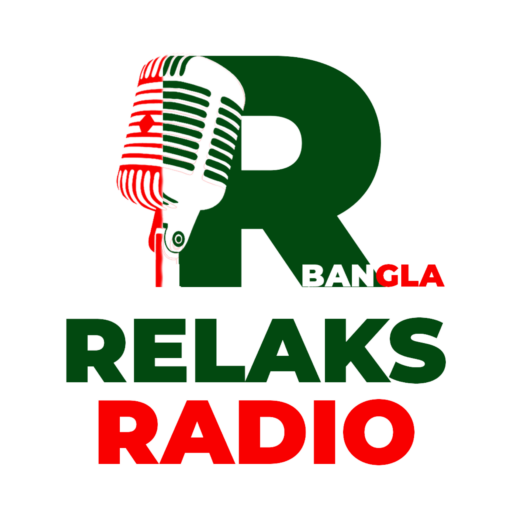Mobile:
Email: info.bd@relaks.net
Social Media
Description:
The role of an administrator can vary significantly depending on the organization or institution they work for and the specific department or area they oversee. However, some common responsibilities and duties associated with the role of an administrator include:
- Personnel Management: Administrators often supervise and manage staff, including hiring, training, performance evaluations, and addressing personnel issues.
- Budget and Financial Management: Administrators are responsible for managing budgets, allocating resources, and ensuring financial accountability. They may create and maintain financial reports and forecasts.
- Policy Implementation: Administrators enforce and implement organizational policies and procedures. They may also develop new policies or update existing ones to ensure compliance with laws and regulations.
- Communication: Administrators facilitate effective communication within the organization. They may be responsible for disseminating information to employees, clients, or other stakeholders.
- Facility and Resource Management: This includes overseeing physical facilities, equipment, and other resources critical to the organization’s operations. Administrators ensure that these assets are well-maintained and efficiently utilized.
- Strategic Planning: Administrators often contribute to the organization’s long-term planning and goal-setting. They may work with senior leadership to develop strategic initiatives and set priorities.
- Compliance and Regulatory Oversight: Administrators ensure that the organization complies with relevant laws, regulations, and industry standards. They may also interact with regulatory bodies or auditors.
- Crisis Management: In times of crisis or emergencies, administrators may be responsible for coordinating responses and maintaining business continuity. This could include disaster recovery planning and crisis communication.
- Record-Keeping and Documentation: Administrators are often responsible for managing records and documents, ensuring their accuracy, security, and accessibility. This includes digital and physical records.
- Project Management: Some administrators are involved in managing specific projects or initiatives within the organization. They may coordinate project teams, track progress, and report on project outcomes.
- Client or Stakeholder Relations: Administrators may interact with clients, customers, or external stakeholders to address inquiries, resolve issues, or gather feedback.
- Data Analysis and Reporting: Some administrators may be involved in data analysis, generating reports, and making data-driven recommendations for improving organizational processes.
- Technology and IT Management: In modern organizations, administrators often oversee technology infrastructure and information technology resources.
The specific responsibilities and duties of administrators can vary widely depending on factors such as the industry, organization size, and the level of administration (e.g., executive, middle management, or front-line supervisors). They play a crucial role in ensuring that an organization runs efficiently, complies with regulations, and achieves its goals and objectives.
 Bangla
Bangla United Kingdom
United Kingdom Tamil
Tamil European Union
European Union India
India Pakistan
Pakistan Relaks Music
Relaks Music Relaks TV
Relaks TV

